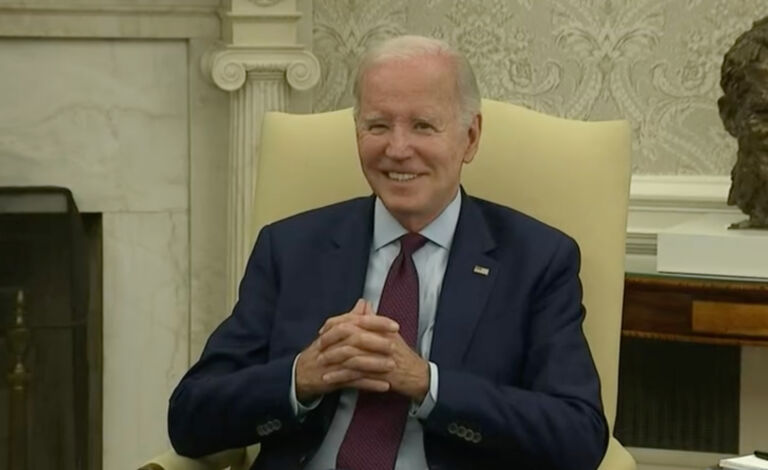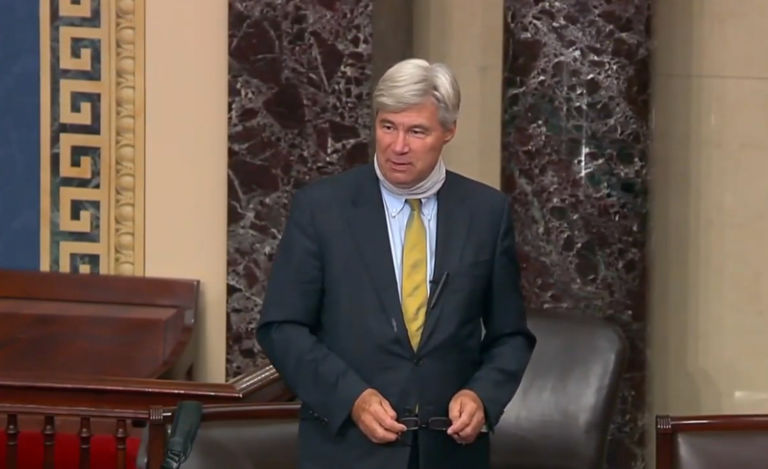This is probably something you didn’t know: the legislature late in 2009 passed a bill containing a provision allowing 16-year olds to register to vote at various state agencies, including the DMV and public high schools. The child is technically "pre-registered" until he turns 18, but once he turns 18, he is registered to vote. This provision became effective on January 1, 2010.
If someone under 18 (i.e., a minor) can’t vote for a particular candidate, then there’s no justification for allowing him to choose what political party he wants to belong to. That is a critical decision that shouldn’t be made by minors, and it undermines the legitimacy of the voting process.
Such a pre-registration program would only remotely be defensible if it were limited to rare situations such as when a 17-year old has an inadequate amount of time to register to vote prior to the next election, at which time he will be 18-years of age. With one-stop voting, which covers voting up to three days before election day, however, those rare situations become almost nonexistent.
This entire pre-registration process, certainly for 16-year olds, should be eliminated immediately.
A Teachable Moment in American Government: Obamacare Litigation Case Study
Recently, a letter writer in The News & Observer expressed concern about a judge being able to shoot down ObamaCare all by himself. He asks:
How can an individual, judge or no judge, declare this to be unconstitutional? No person should have that much power in this country. Why do we need a legislative branch in our government if a judge can strike down whatever does not appeal to him or her?
I see this letter as an important teachable moment in how our government works:
1) There are three branches of government designed to provide checks and balances over each other. This ensures that one branch doesn’t become too powerful.
2) The judiciary has something called judicial review, which gives it the power to interpret laws and to declare laws unconstitutional.
3) We certainly wouldn’t want Congress to decide whether laws it has passed are constitutional. That would be a pointless exercise and grounded in politics, not an impartial interpretation of the Constitution.
4) The legislative branch has the power to makes laws (that’s a good reason to have them), but if they go too far and pass a law that is unconstitutional, the judiciary can step in and declare that law unconstitutional.
5) One judge won’t be the final decision-maker as to what is constitutional. Cases can be appealed to federal courts of appeal where multiple judges hear cases, and the Supreme Court may hear an appeal too. (Although it is rare for the Court to hear appeals. When it comes to the ObamaCare case, the Supreme Court certainly will hear the case.)
The Obamacare litigation is an example of why the judiciary is so important in this country. Furthermore, it shows why the judiciary must interpret laws not based on personal preferences, but on the law. While some may dispute the definition of judicial activism, to me it is a judge developing an opinion not in any way grounded in the law but out of personal policy preferences. That is why it is very important for judicial activists to be excluded from the bench. If ObamaCare is shot down, it should be based on its constitutional flaws, not on policy problems with the bill.
Click here for the Rights & Regulation Update archive.


